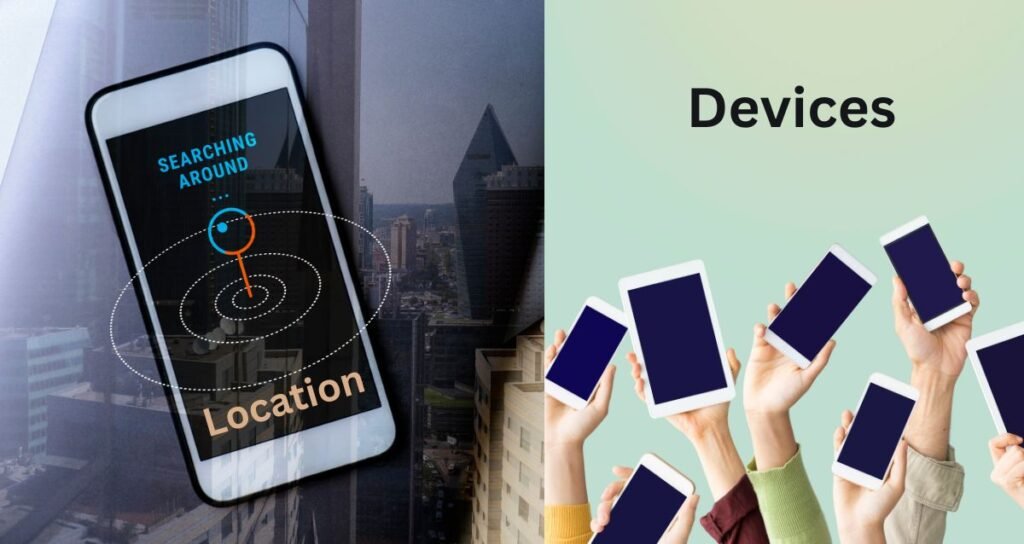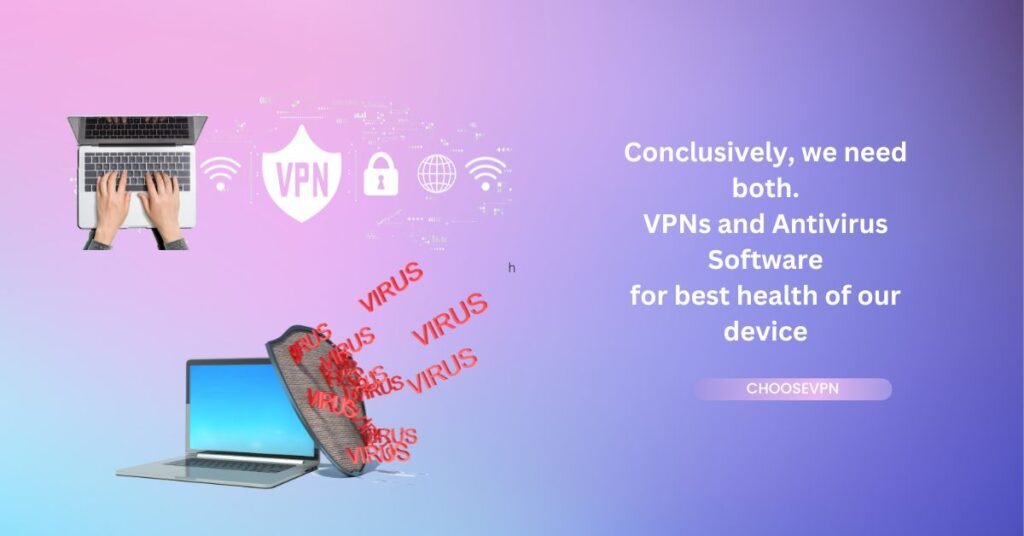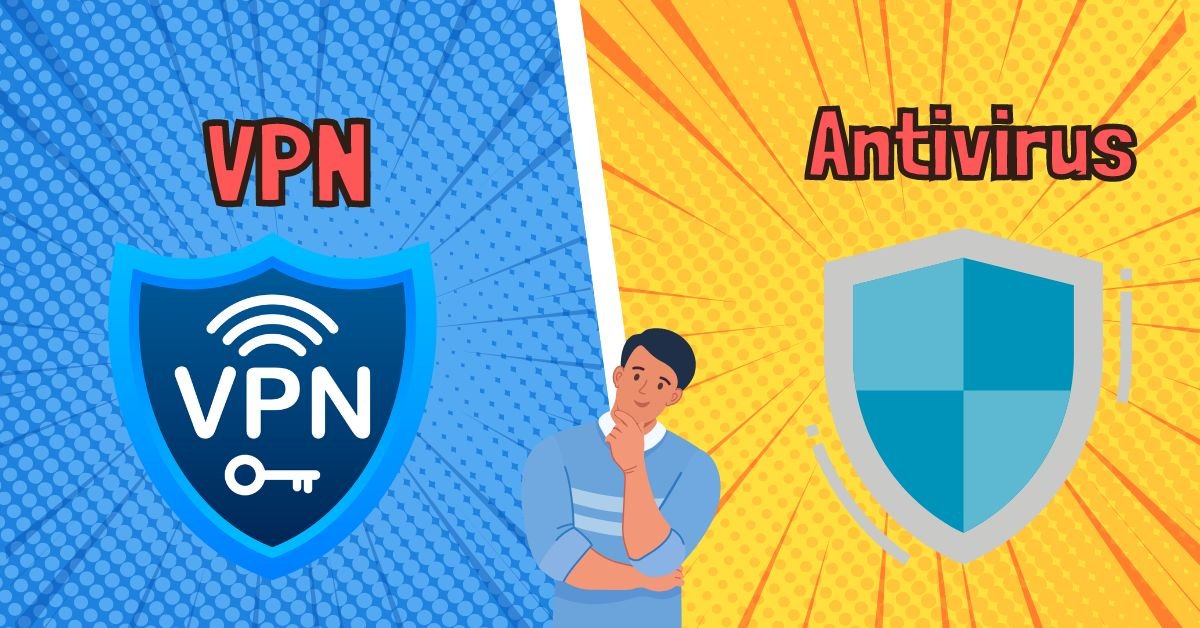Brief Introduction
Two of the most common tools used for this purpose are VPNs and Antivirus software. But which one is the best choice for your particular needs? In this article, we'll compare and contrast virtual private networks and antivirus and help you decide which one to use or whether to use both. As we navigate the ever-changing landscape of cybersecurity threats, it's becoming increasingly important to protect our online activities from prying eyes, malicious software, and other digital hazards.
What is a VPN?
A VPN is a type of software that allows you to create a secure and encrypted connection between your computer (or other device) and the Internet. When you use a VPN, your traffic is routed through a remote server, and your IP address is masked, which makes it harder for others to track your online activities. VPNs are commonly used to protect your privacy, bypass geo-restrictions, and access restricted content.
Read More: Which VPN is best for you? NordVPN review, Surfshark VPN, or PrivateVPN.
What is Antivirus software?
Antivirus is a type of program designed to detect, prevent, and remove malicious software, such as viruses, worms, trojans, and other types of malware. This software typically scans your computer for any signs of infection, and alerts you if any threats are found. It can also help protect you from phishing scams, which are attempts to trick you into revealing your personal information.
Differences between VPNs and Antivirus software
While VPN and Antivirus may seem similar in their goal of protecting you from online threats, they work in different ways and provide different types of protection. Here are some key differences to consider:
Difference Between Virtual Private Networks and Antivirus
| VPNS | Antivirus |
| Privacy | Security |
| Proactive | Reactive |
| Location | Device |
Privacy vs Security
Virtual Private Networks are primarily used to protect your privacy by encrypting your traffic and hiding your IP address, while Antiviruses software is primarily used to protect your security by detecting and removing malicious software. Virtual Private Network can help you avoid being tracked by your ISP (Internet Service Provider), advertisers, or other third parties, while Antivirus can help you avoid being infected with malware that could compromise your personal data.

Proactive vs Reactive
VPN is typically proactive in nature, meaning it provide a layer of protection before anything bad happens, while Anti-virus software is typically reactive, meaning it detects and removes threats after they have already infected your computer. This means that VPNs can help you avoid some types of threats before they even reach your computer, while Antivirus can help you deal with threats that have already infiltrated your system.

Location vs Device
VPN is typically location-based, meaning it allow you to connect to servers in different countries, which can help you bypass geo-restrictions and access content that may be blocked in your region. Antivirus is typically device-based, meaning it protects the specific device (such as your computer or phone) that it is installed on, rather than allowing you to access different locations on the Internet.

Do you need a VPN, Antivirus software, or both?
The answer to this question depends on your particular needs and online habits. Here are some scenarios where you might want to use one or both of these tools:
Antivirus or VPN
You want to protect your privacy.
If you're concerned about your privacy and want to avoid being tracked by your ISP, advertisers, or other third parties, a VPN can help you achieve this goal. By encrypting your traffic and masking your IP address, a VPN can make it much harder for others to see what you're doing online.
You want to protect your security.
If you're concerned about malware infections or other types of cyber attacks, Antivirus can help you detect and remove threats before they can do any damage. It can also help you avoid phishing scams that attempt to steal your personal information by blocking suspicious websites or emails.
You want to access content that is blocked in your region.
If you're trying to access content that is restricted in your region, such as streaming services or websites that are only available in certain countries, a VPN can help you bypass these restrictions by allowing you to connect to servers in different locations.
You want to protect yourself from multiple threats.
If you want to protect yourself from multiple threats, it's a good idea to use both a VPN and Antivirus. By using a VPN, you can protect your privacy and avoid being tracked by third parties, while also accessing restricted content. By using Antivirus, you can protect your device from malware infections, phishing scams, and other types of cyberattacks.

Conclusion
In conclusion, both antivirus and VPNs are essential for online security and privacy. Antivirus software protects your device from malware infections, phishing scams, and other types of cyberattacks, while a VPN helps protect your online privacy by encrypting your internet traffic and masking your IP address.
It's important to note that both anti-virus and VPN work differently and address different threats, which means that they are complementary and not mutually exclusive. Using both antivirus and VPN can provide comprehensive protection against a wide range of online threats and risks.
So, to ensure that you have the best possible protection for your online activities, it's recommended that you use both software and VPNs from reputable providers. By doing so, you can enjoy a safer and more secure digital experience and protect your personal information from unauthorized access and misuse.
So, for more such informative article, don't forget to visit our blog section. Tap here-> ChooseVPN



